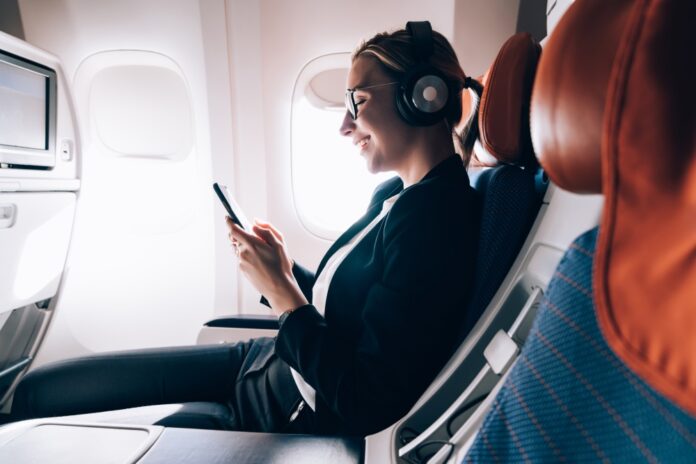Consolidation leads to high prices, low quality says regulator
The UK’s Competition and Markets Authority (CMA) has given the proposed merger between US satellite operator Viasat and UK based rival Inmarsat the thumbs down, after a review concluded that it could cause prices to rise and quality to fall. This is nonsense, according to Inmarsat chief executive Rajeev Suri, who said the abundant opportunity in the sector is exactly what attracted the likes of new competitors such as Starlink, OneWeb and Telesat in the first place. “Strong players are already offering in-flight connectivity and the new low-earth orbit players are aggressively and successfully targeting aviation,” said Suri.
The CMA started investigating the proposal in August 2020, according to Total Telecom, even though the companies argued that their complementary assets that would be used to create a “high-capacity hybrid space and terrestrial network”.
The two companies had agreed to merge in a $7.3 billion deal announced in November 2021 as both companies felt the competition from new entrants in a burgeoning satellite market that was disrupted by the likes of Starlink, OneWeb and Telesat. Onboard wi-fi for airline passengers was emerging as a potentially lucrative market, having been pioneered by Panasonic as early as 2014. In April SpaceX claimed it had signed the world’s first Ski-fi deal and a similar Boeing-Viasat arrangement had been mooted in February. The in-flight wi-fi market was tipped be worth $5.9 Billion by 2026 after a study published by Global Industry Analysts. The competition seemed healthy.
However, the CMA’s investigators concluded that it is too difficult for airlines to switch providers once they have installed their connection, so the merged entity could effectively lock-out other potential competitors. The resulting loss of competition could ultimately affect cost quality and availability of services for airline passengers, according to Colin Raftery, the CMA’s Senior Director. “Ultimately, airlines could be faced with a worse deal because of this merger, which could have knock-on effects for UK consumers as in-flight connectivity becomes more widespread,” said Raftery.



